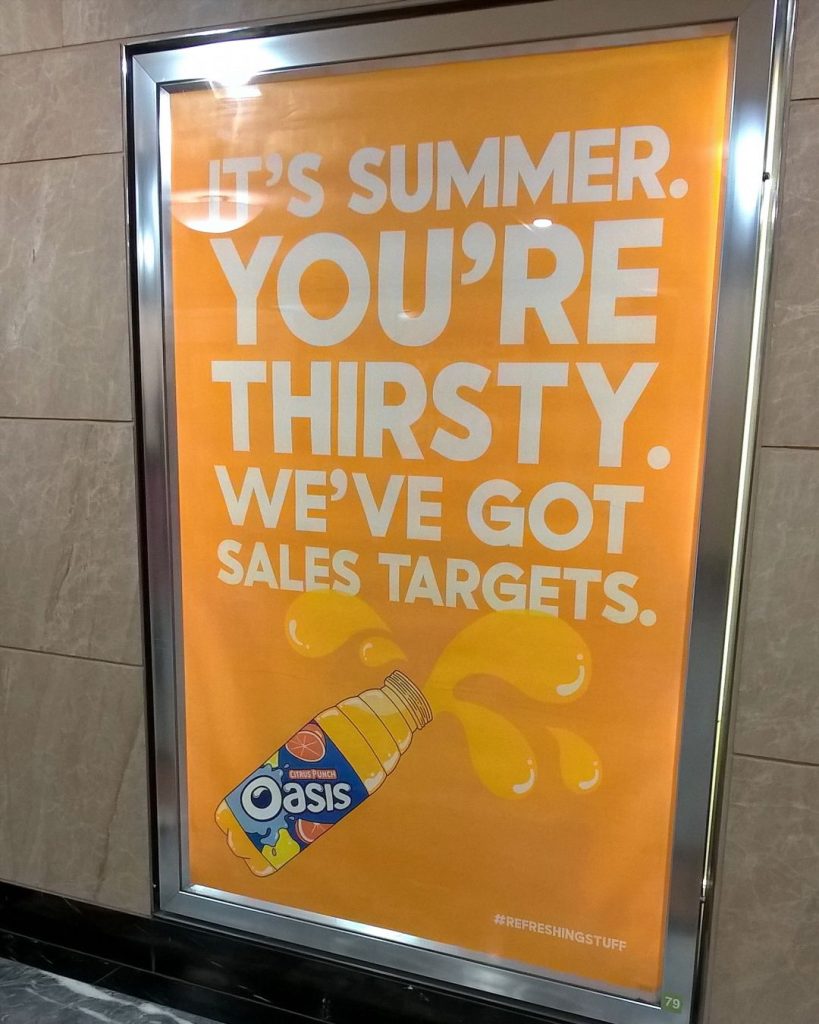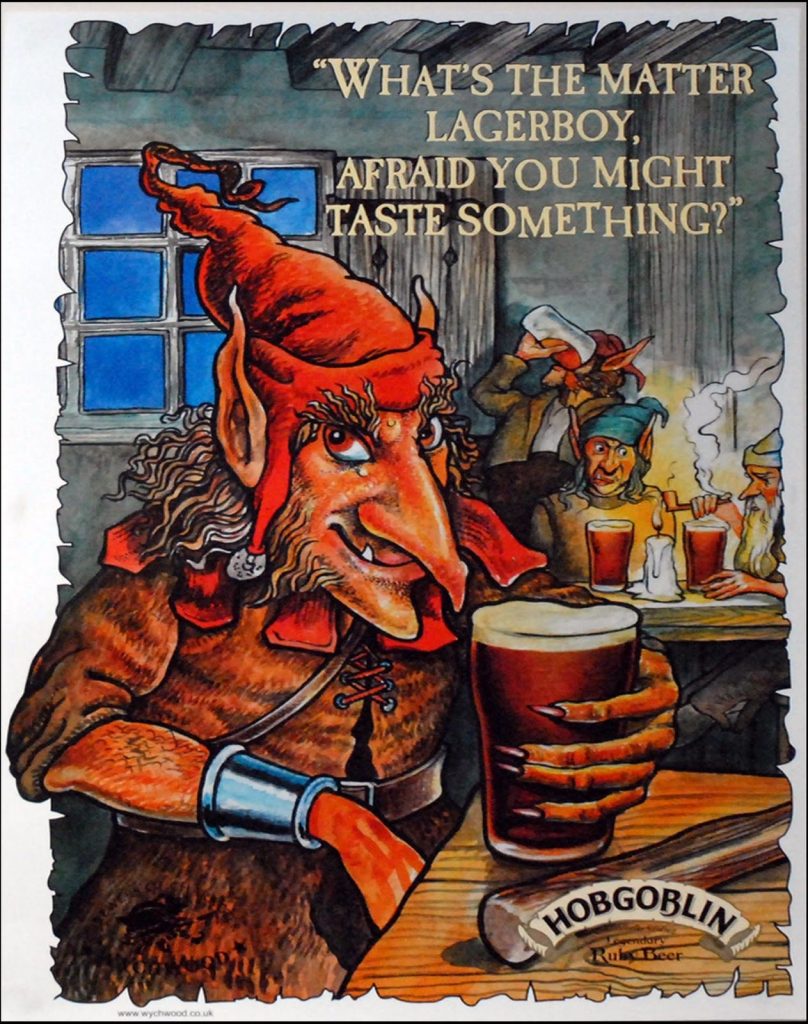Exhibit A: In the early seventies there was a programme on ITV called The Comedians, in which a number of stand-up comedians stood in a row and took it in turns to tell jokes. I can only remember one joke. The comedian – it may have been Bernard Manning – said that he’d met a Pakistani in the street, walking a pet duck on a lead. ‘I didn’t know you had a monkey,’ the comedian said. ‘It’s not a monkey, it’s a duck,’ replied the Pakistani, to which the comedian responded -and this was the punchline- ‘I was talking to the duck.’
The reason this has stuck in my mind is that, even at 14 or so, and even in those times when racist jokes were commonplace even among liberal middle-class kids like me, I could see this was vile, a joke that doesn’t even work unless you think it’s funny to describe a stranger, to his face, as non-human, because he has brown skin and a different culture. It seemed vile to me then, and it seems, if anything, even more vile now when two of my own grandchildren – two of the people I love best in the world – have brown skin. The thought of those two cheerful little girls being exposed to stuff like that and realising they’re the target of it, quite literally keeps me awake at night.
In the culture wars, the accusation of being woke – it used to be called politically correct – is constantly being thrown at those who object to inappropriate language being directed at people because of their skin colour, ethnicity, gender etc. ‘So what exactly is wrong with objecting to offensive language?’ the defenders of wokeness reply. ‘What you call wokeness is just common courtesy and basic human decency.’ And of course in many cases this is true, as it would be if someone raised objections to the ‘joke’ above. (Presumably the reason filth like that is no longer heard on on national TV is because of the many objections to it people have raised over the past 50 years – and good for them.)
But the trouble with the whole yah-boo culture wars phenomenon is that it obliterates nuance. There is another side to wokeness, I don’t find it hard to see why it raises people’s hackles, and I find it a little disingenuous when the defenders of wokeness claim not to see it.
Exhibit B: Some years ago, in the late nineties, when I was still involved in social work, another incident occurred which also stuck in my mind. A colleague (white) expressed horror at the fact that some foster-parents had used the term ‘coloured people’, which was seen at that time as derogatory. (Indeed, another white colleague, I now remember, had actually posted a sign in the office with a quotation from somewhere which objected to the word ‘coloured’ in terms something like this: ‘How dare white people call us coloured, when they are the ones that come in all sorts of different colours, and change colour when they’re angry or cold or embarassed.’)
This is different from Exhibit A, because there was no reason to believe the foster parents were intentionally using the term in a derogatory way. In fact, they very probably thought that ‘coloured people’, as opposed to, say, ‘black people’ or ‘Asian people’, was the polite and respectful expression to use, as it had indeed once been – hence the name of the American civil rights organisation, the National Association for the Advancement of Colored People. And of course nowadays, the term ‘people of colour’ (POC) is widely used by the wokest folk, and no one, as far as I know, suggests it is derogatory, or objects to the association of the word ‘colour’ with people who are not white.
Terms not intended to be offensive do acquite offensive connotations over time -I get that: look at the word ‘spastic’ for example- but not keeping up with the currently acceptable language is not even vaguely in the same category as telling a Pakistani man he is a monkey. And it seems to me that to affect outrage when someone uses outmoded language is something more akin to the cool kids at school mocking some poor schmuck who still listens to music that’s now uncool, or wears clothes that are no longer in fashion. In other words, it’s about proving your own superiority.
It’s often not clear who decides when words become unacceptable, or who chooses their replacements. Sometimes, as in the case of ‘spastic’, I guess it just becomes obvious to everyone in the field that what was once a neutral term has now become a term of abuse. (Was this ever the case with ‘coloured people’?) But I do think there are self-appointed mindguards out there – assertive, educated, social-media-savvy people- who actually enjoy catching other people out and feeling superior to them, and having a following of herd animals who join in.
The people most likely to be caught out -apart from those who actively pride themselves on being ‘anti-woke’, or who simply don’t agree with what the mindguards have decreed to be correct- are those who are less educated (like those foster-parents) and less social-media-savvy, and therefore less up to date. In this way ‘wokeness’, which is supposed to be (and often is) about challenging exclusion, can itself become a tool for excluding people, a form of classism, hiding in the guise of being anti-isms – and of course the people so excluded notice this and resent it. More generally, it just makes it harder to express an opinion that is genuinely your own.
(Meanwhile, on the other side, the ‘anti-woke’ have their own mindguards, and their own herd animals, and their own stubborn refusal to see the game they are playing.)

